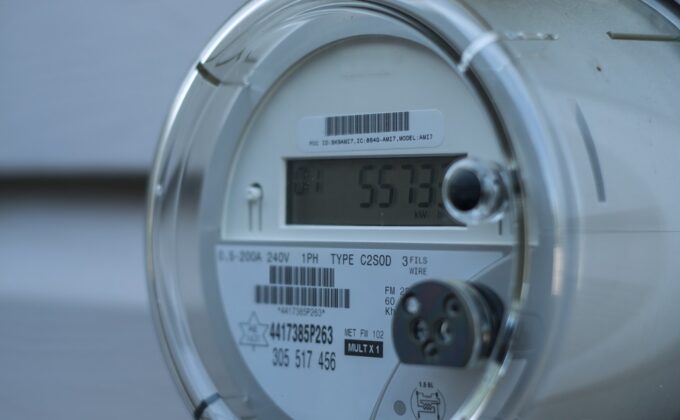
Knowledge Center
We believe that sharing our expertise and collaborations in clean energy policy is how real, effective change happens.
From reports and policy briefs, to webinars and podcasts—RAP advisors have built an extensive collection of resources providing in-depth analysis and practical solutions to today’s energy challenges.
Filter >>
Content Filter:
In a poster presentation at the Solar Power International conference in Salt Lake City, Dr. Carl Linvill demonstrated how cities can pair solar generation with electrified end uses and highlighted case studies of successful deployment of these resources. View Summary +
Information systems (IS) and information technology (IT), which continue to grow more innovative every year, promise improved communication, services and billing between utilities and customers, better and more reliable service, and greater visibility into the operations of utility grids. View Summary +

In a webinar on Sept. 10, John Shenot and Dr. Carl Linvill looked more in depth at the types of value streams that combinations of distributed energy resources can create and discussed how best to compensate the owners of these… View Summary +
We have in Europe today a huge new opportunity to clean up our energy system, advance social justice and address catastrophic climate change. In this fact sheet, we illuminate the path to achieving these goals — carbon revenue recycling. In… View Summary +

Much has been written about the value of solar photovoltaic generation, but less about the value of some of the other distributed energy resources — other forms of distributed generation, energy storage, electric vehicles, demand response, and energy efficiency —… View Summary +
Die deutschen Stromnetze können in den nächsten Jahrzehnten mit vergleichsweise geringem Aufwand fit für die massenhafte Einführung von Elektroautos gemacht werden. Eine intelligente Regulierung vorausgesetzt, wird es bis 2050 jährlich 1,5 Milliarden Euro kosten, Kabel und Trafos so zu… View Summary +

The Federal Energy Regulatory Commission’s (FERC) oversight of wholesale energy market services and transmission operations presents the agency with significant opportunities to institute policies that can accelerate the decarbonization of our electric services sector. This article (subscription or purchase required)… View Summary +
A decarbonized energy sector’s many benefits include lower prices, grid resiliency and cleaner energy. However, in order to attain this goal, regulators will need to actively engage in regulatory reforms that align utilities’ actions with the public good. Tools that… View Summary +
As weather-dependent renewables increase, energy revenues in the wholesale market diminish, even as the need for dispatchable resources remains. Such resources are otherwise compensated by forward capacity markets, but those markets are poorly matched to customers’ real needs and the… View Summary +
Significantly reducing building sector greenhouse gas emissions is necessary to meet state and local climate stabilization goals. Initiatives to decarbonize home and building energy use are enabled by a new generation of advanced air source heat pumps (ASHPs) that provide… View Summary +
Reductions in the carbon intensity of electricity generation, coupled with technological improvements in the end uses that it can power, have created opportunities for the electrification of large segments of the economy. As the largest source of greenhouse gas (GHG)… View Summary +
To effectively decarbonize the electric sector, utilities will need to address the growing load shape challenges driven by the variability of many renewable resources. Behind-the-meter solutions, such as energy efficiency, demand response, electrification and storage, will play an important role… View Summary +
Energy efficiency can get us about half of the way to long-term climate goals. Traditional energy efficiency strategies — vehicle and appliance efficiency standards, building energy codes, utility energy efficiency programs and Energy Star — can provide about half the… View Summary +
Demand response can be an excellent flexible resource and can cost-effectively support a grid with high penetrations of variable renewable generation. Unfortunately, this potential has not yet been widely exploited, due to a number of obstacles at the wholesale and… View Summary +
Energy efficiency is key to reducing the size of the energy challenge, to accelerating the achievement of its solution, and to enhancing energy productivity, but old ideas that ignore the potential benefits of electrification and narrowly equate energy efficiency with… View Summary +

